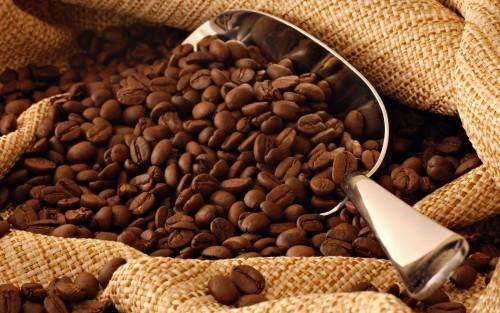
Strengths of coffee growing in Cameroon

(Business in Cameroon) - Cameroon has major strengths for the production of coffee: fertile soil and an ideal climate for coffee growing; farm expansion possibilities; an active and young population; a long tradition of coffee production and thorough knowledge of the product by producers; a diverse production (Arabica and Robusta). Also, the country has good product processing services in the production zones; Good handling services at port level in Douala (warehouses, warehouse receipt etc.); Cameroon coffee has an intrinsic quality which is appreciated in the market, particularly in Europe.
In production zones, the coffee sector in Cameroon has kept its image as a sector which facilitated the education of many of the elite and substantially contributed to the development of Cameroon. This is why many of its stakeholders are prepared to either remain or re-enter the sector. However, the coffee sector in Cameroon also has weaknesses.
Following active participation and funding from the Cameroonian government in tune with the radically changing fundamentals of the industry, coffee trade is indicating an upsurge.
In 1996, Cameroon, the 12th largest producer, harvested 132,000 tons of coffee. In 2008, production fell to 43,000 tons. In 2010, it was estimated at 50,000 tons of Robusta and 12,000 tons of Arabica. By 2015, the government hopes to produce 125,000 tons including 25,000 tons of Arabica and 100,000 tons of Robusta respectively and to export at least 80,000 tons, comprising 15,000 tons of Arabica and 65,000 tons of Robusta.
J.V
Mags frontpage
- Most read 7 days
- shared 1 month
- read 1 month


























